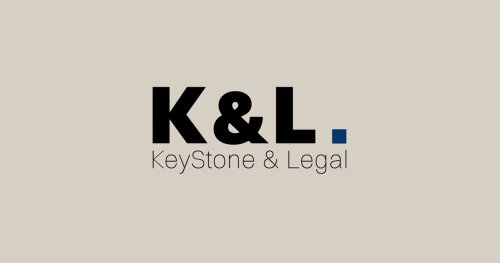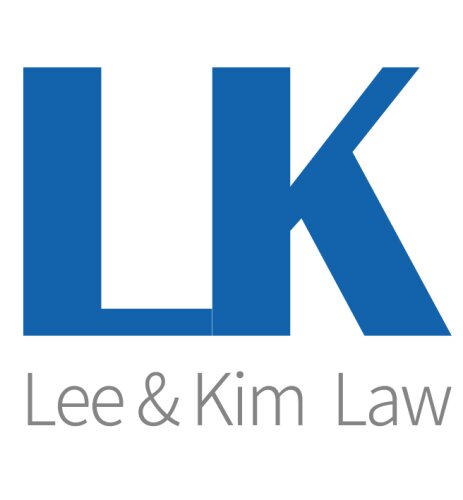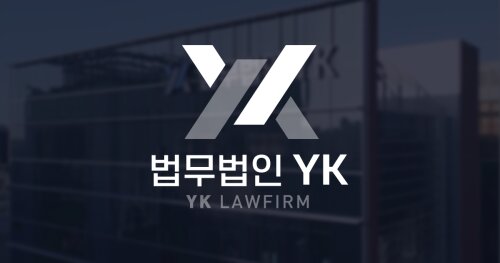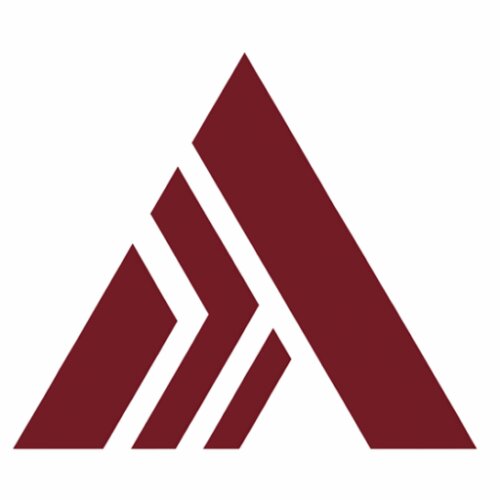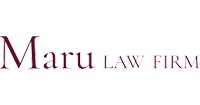Best Housing, Construction & Development Lawyers in South Korea
Share your needs with us, get contacted by law firms.
Free. Takes 2 min.
Free Guide to Hiring a Real Estate Lawyer
Or refine your search by selecting a city:
List of the best lawyers in South Korea
About Housing, Construction & Development Law in South Korea
South Korea's housing, construction, and development sector is tightly regulated and plays a crucial role in the country's economic development. This field encompasses laws and regulations related to residential and commercial real estate, land use, building codes, construction safety, and zoning. The government heavily influences this sector, with policies designed to manage urban growth, ensure public safety, and control housing prices. Recent years have seen significant developments in urban regeneration projects and smart city initiatives, reflecting South Korea's commitment to sustainable growth and innovation in construction and development.
Why You May Need a Lawyer
There are several situations in which individuals or businesses may need legal assistance in the housing, construction, and development sector in South Korea:
- Disputes over property ownership or boundaries.
- Construction contract negotiations and disputes.
- Issues related to zoning laws and land use regulations.
- Resolution of landlord-tenant conflicts.
- Legal advice on compliance with building codes and safety regulations.
- Guidance on real estate transactions and property investment.
- Assistance with urban development projects and public-private partnerships.
Local Laws Overview
In South Korea, several key laws govern housing, construction, and development:
- The Building Code: Establishes standards for construction safety and efficiency.
- The Housing Act: Regulates residential construction projects and housing supply.
- The Urban Planning and Land Use Regulation Act: Manages urban growth and zoning.
- The Real Estate Transaction Reporting Act: Ensures transparency and fairness in real estate transactions.
- The Maintenance of Building Facilities Act: Sets requirements for maintenance and safety inspections.
Understanding these laws is crucial for navigating the complexities of the housing and construction sector in South Korea.
Frequently Asked Questions
What are the primary regulatory bodies overseeing housing and construction in South Korea?
The Ministry of Land, Infrastructure, and Transport (MOLIT) is the principal agency responsible for housing and construction regulation in South Korea.
How can I resolve a boundary dispute with my neighbor?
Boundary disputes can be resolved through negotiation, mediation, or legal proceedings. Consulting a lawyer can help facilitate a fair resolution.
What should I know about buying property in South Korea as a foreigner?
Foreigners can buy property in South Korea, but there are specific regulations concerning ownership rights. Legal advice is indispensable to navigate these rules.
What are the key considerations in negotiating a construction contract?
Critical considerations include payment terms, timeline, scope of work, warranties, and dispute resolution mechanisms. A lawyer can ensure favorable terms.
How do zoning laws affect my ability to develop property?
Zoning laws dictate the permitted uses of land and influence what can be built on a property. Understanding these laws is vital for any development project.
What is involved in an urban regeneration project?
Urban regeneration projects focus on revitalizing neglected urban areas through infrastructure improvement and building new facilities. They often involve government collaboration.
How can I ensure compliance with building codes?
Compliance with building codes requires careful planning and adherence to safety and construction standards. Consulting professionals and regular inspections are crucial.
What are my rights as a tenant in South Korea?
Tenants have rights to peaceful enjoyment, timely repairs, and protection against unlawful eviction. It's essential to understand these to defend your interests.
How is real estate transaction transparency enforced?
Real estate transactions must be reported to ensure transparency and prevent price manipulation. Violations can result in penalties.
What role do public-private partnerships play in development?
Public-private partnerships facilitate large-scale infrastructure and development projects by leveraging both public resources and private expertise and funding.
Additional Resources
Here are some resources and organizations that can be helpful:
- The Ministry of Land, Infrastructure, and Transport (MOLIT).
- Korea Housing & Urban Guarantee Corporation (HUG).
- Korea Land & Housing Corporation (LH).
- Korean Institute of Architects (KIA).
- Korean Bar Association for legal assistance.
Next Steps
If you require legal assistance in housing, construction, and development, consider the following steps:
- Identify the specific legal issue you are facing.
- Gather all relevant documents and information related to your case.
- Consult a lawyer specializing in housing, construction, and development in South Korea.
- Discuss your case thoroughly to understand potential outcomes and legal strategies.
- Follow the legal advice provided to resolve your issue effectively.
Lawzana helps you find the best lawyers and law firms in South Korea through a curated and pre-screened list of qualified legal professionals. Our platform offers rankings and detailed profiles of attorneys and law firms, allowing you to compare based on practice areas, including Housing, Construction & Development, experience, and client feedback.
Each profile includes a description of the firm's areas of practice, client reviews, team members and partners, year of establishment, spoken languages, office locations, contact information, social media presence, and any published articles or resources. Most firms on our platform speak English and are experienced in both local and international legal matters.
Get a quote from top-rated law firms in South Korea — quickly, securely, and without unnecessary hassle.
Disclaimer:
The information provided on this page is for general informational purposes only and does not constitute legal advice. While we strive to ensure the accuracy and relevance of the content, legal information may change over time, and interpretations of the law can vary. You should always consult with a qualified legal professional for advice specific to your situation.
We disclaim all liability for actions taken or not taken based on the content of this page. If you believe any information is incorrect or outdated, please contact us, and we will review and update it where appropriate.
Browse housing, construction & development law firms by city in South Korea
Refine your search by selecting a city.




